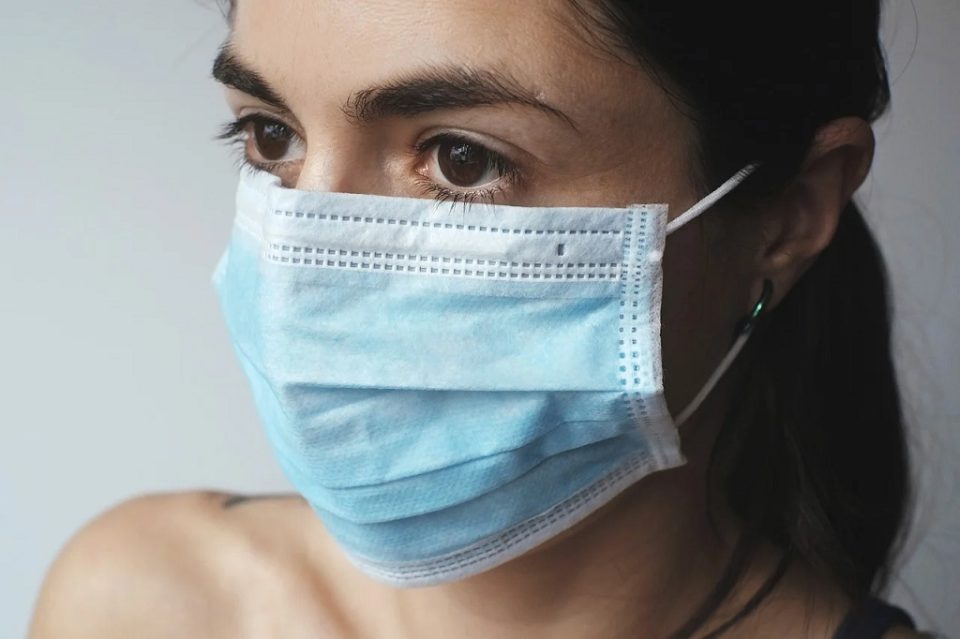While it’s been less than two years since the pandemic lockdowns and provincial restrictions began, sometimes it feels like years, even a decade, have passed. With most of the country on various forms of lockdown, our usual calendar of events that help us take note of the flow of time has been thrown through a loop.
With it increasingly getting harder to tell the day of the week, you may have experienced being caught off guard when looking in the mirror or Zoom camera and seeing your reflection staring back at you.
“Have I always looked this old?” you might wonder.
You wouldn’t be alone in this thought. Many Canadians are reporting accelerated aging during the pandemic, with many searching for ways to undo the damage.
Since the pandemic began, plastic surgery in Toronto and all over Canada has boomed.
“Invasive plastic surgery is up 30%, year over year, from the pre-COVID year. Non-invasive treatments such as Botox, filler and energy-based device treatments are up 50%,” Toronto plastic surgeon Dr. Stephen Mulholland told the Toronto Sun.
But what’s causing this accelerated aging? It’s a variety of factors.
High stress
To say we’ve been under trying times is an understatement. Being under excessive distress causes surging levels of cortisol, the body’s stress hormone. Higher amounts of cortisol break down collagen and elastin in the skin, causing wrinkles and loose, sagging skin. It also can cause inflammation while slowing the body’s self-repairing abilities.
High stress can also trigger the body’s fight-or-flight response, which among other things, releases a chemical into our hair follicles that cause them to turn grey or white.
Poor sleep
Having high stress can affect the quality of our sleep, which also causes detrimental damage to our body’s wellbeing. This is heightened, especially when we recap unsettling news on our phones before sleep.
“The lack of sleep and doom-scrolling before bed are major players in this process, too,” said dermatologist Mona Gohara, M.D, during an interview with Instyle. “When we sleep less, we have less melatonin, which has antioxidant properties protective against skin aging, and our collagen has less time to repair and rebuild — that’s why it is called beauty sleep: this happens at night! — and our skin cells don’t regenerate as quickly.” She said.
Prolonged screen time
Our screens on our phones and computers emit blue light, which is the highest energy light on the visible spectrum. Due to its higher energy, blue light can penetrate deeper into your skin than other sources of light. The effects of blue light aren’t fully known yet, as it’s a newer area of study. We know extended screen time can cause headaches and also contribute to poor sleep. However, some medical professionals theorize it can cause inflammation, collagen degeneration, uneven complexions, and age your skin similar to the sun.
